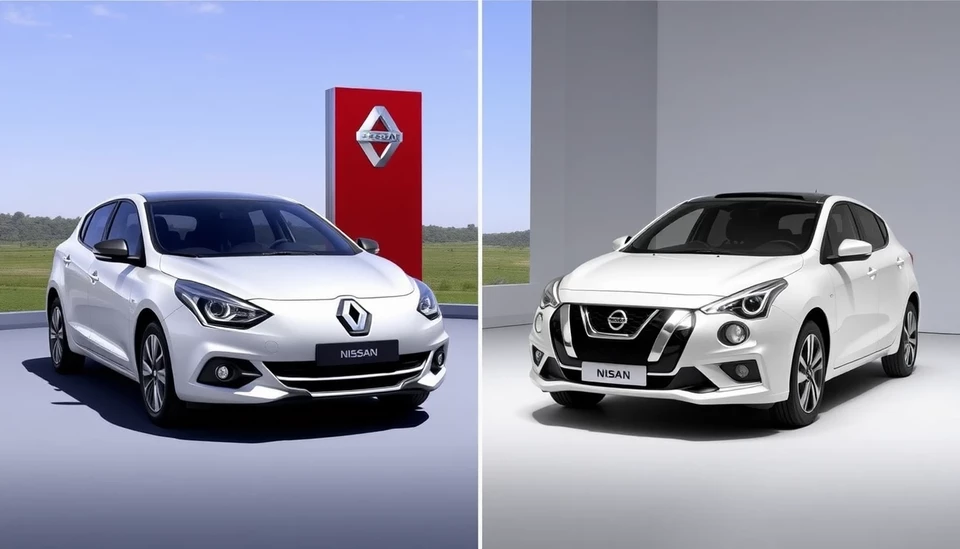
In a significant blow to Nissan Motor Co., the credit rating agency Moody's has downgraded the company's credit rating to a junk status of BA1. This alarming decision, announced earlier this week, stems from a multitude of factors affecting the automotive giant’s overall financial health and market position.
The downgrade is primarily attributed to Nissan's persistent struggles, including a lack of profitability, stiff competition within the industry, and a series of operational challenges that have hindered growth. Moody's faced pressure to re-evaluate Nissan's financial stability, particularly following disappointing earnings reports that failed to meet analysts' expectations. The long-standing uncertainties surrounding the global automotive market's recovery, partly due to supply chain disruptions and fluctuating consumer demand, have amplified concerns regarding Nissan's repositioning in this highly competitive sector.
Moody’s analysts expressed that the downgrade reflects Nissan’s weakened market outlook and its dependency on its traditional vehicle segments, which are under increasing threat from electric vehicle (EV) innovation and sustainability trends. The company’s inability to pivot effectively towards greener technologies has raised alarms about its long-term viability.
As a result of this rating cut, borrowing costs for Nissan are likely to increase, which may further strain its finances. Investors and stakeholders are expressing heightened skepticism, leading to fluctuations in Nissan's stock price, which saw a noticeable decline following the announcement. The company’s efforts to regain investor confidence are now more critical than ever, and its future strategies will be closely scrutinized.
Industry analysts anticipate that Nissan may need to explore strategic partnerships or push stronger on its EV initiatives to improve its market position and financial standing. Furthermore, Nissan's parent company, Renault, also faces similar pressures, raising questions about the stability of their alliance as both companies strive to navigate these turbulent times.
This credit rating reduction is part of a broader trend within the automotive industry, where numerous manufacturers are grappling with the ramifications of the evolving markets, consumer behavior shifts, and the urgent need to adapt to an increasingly eco-conscious consumer base.
With the challenges ahead, Nissan's management will indeed have a monumental task at hand to restore the company's prestige and financial integrity. As constant vigilance and agile adaptations become business imperatives in the automotive sector, the world will be watching closely to see if Nissan can rebound from this setback.
In conclusion, as Nissan faces these pressing challenges, key stakeholders and market analysts will continue to closely monitor the company's strategic moves to ascertain whether it can navigate this critical period successfully.
#Nissan #CreditRating #Moody's #AutomotiveIndustry #FinancialHealth #JunkStatus #EV #ElectricVehicles #MarketTrends #Renault #BusinessNews
Author: John Harris




